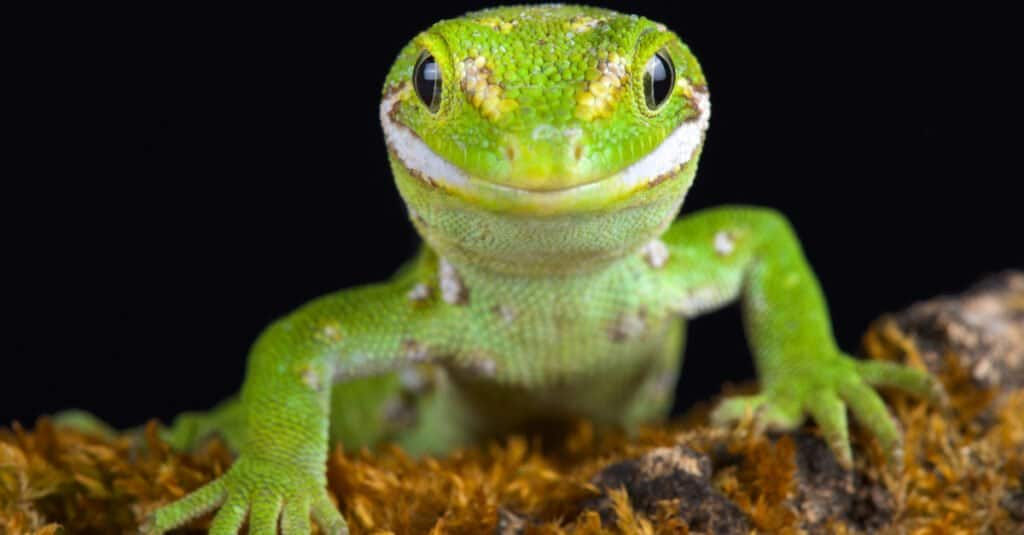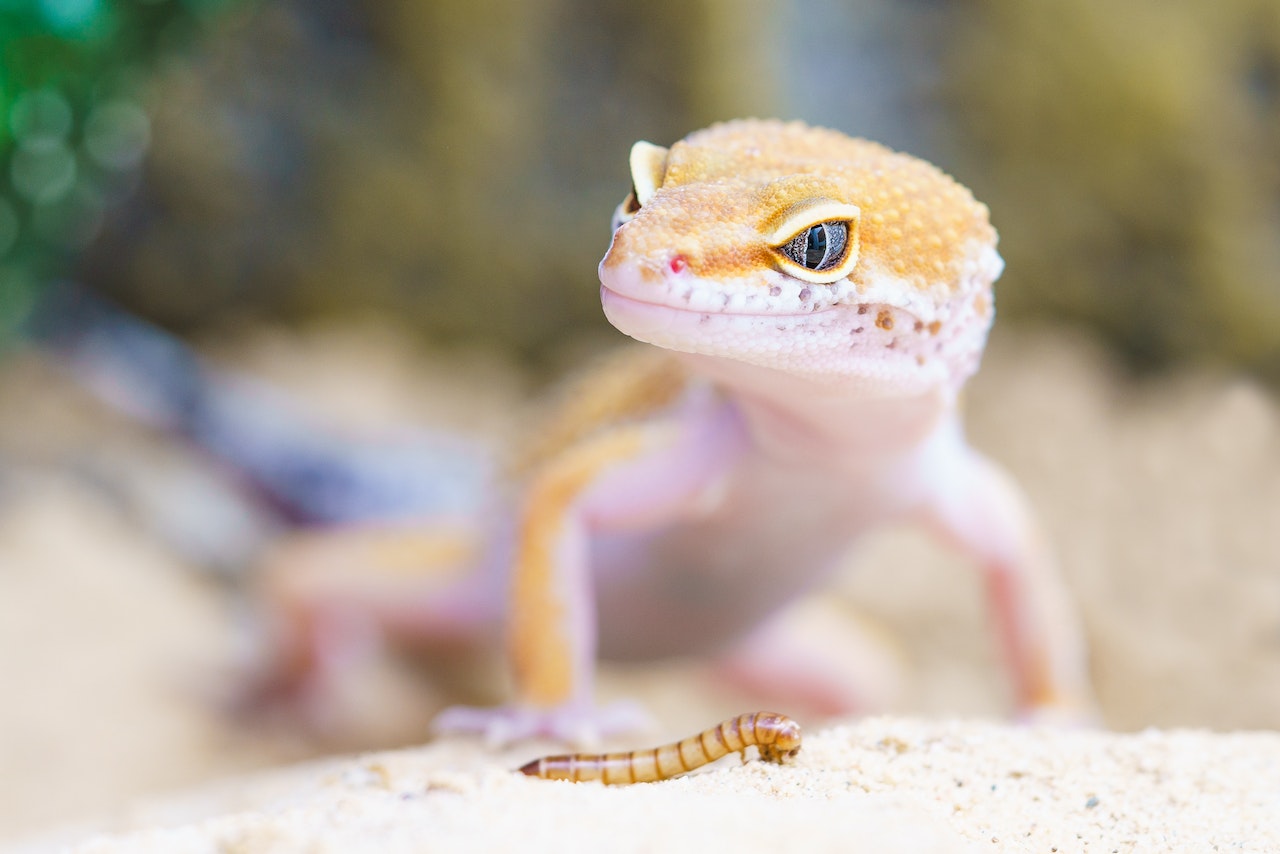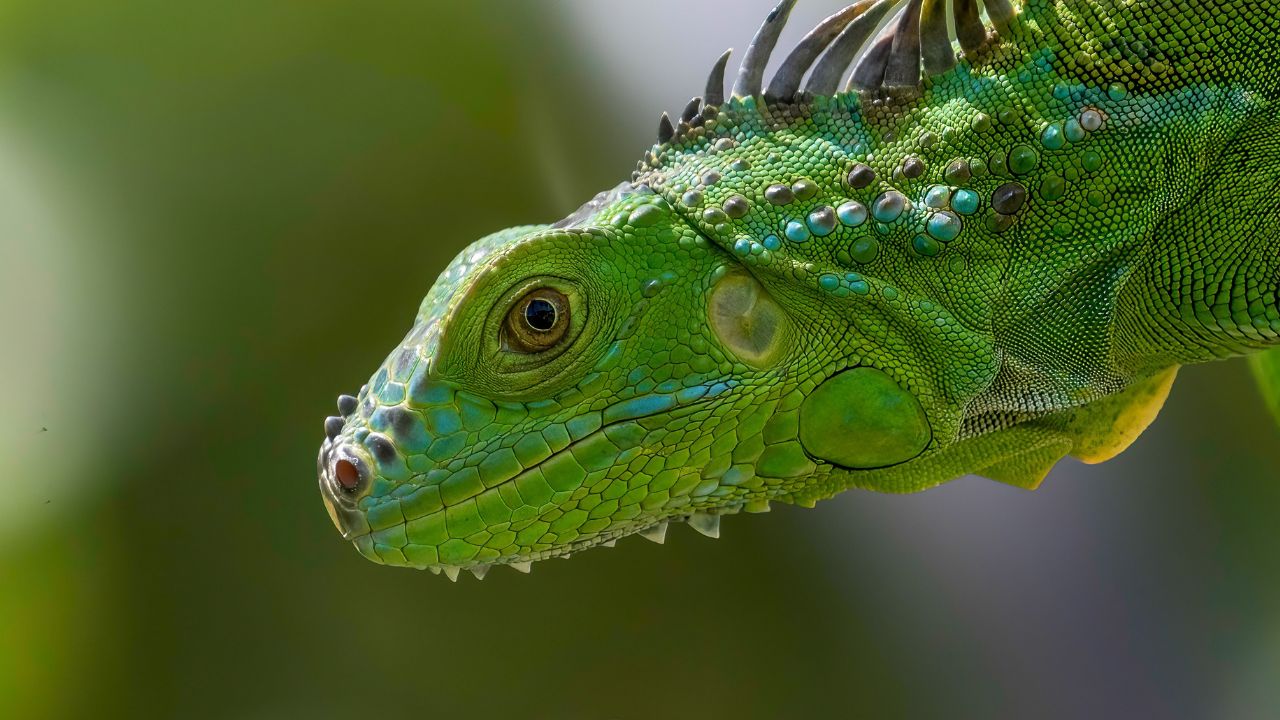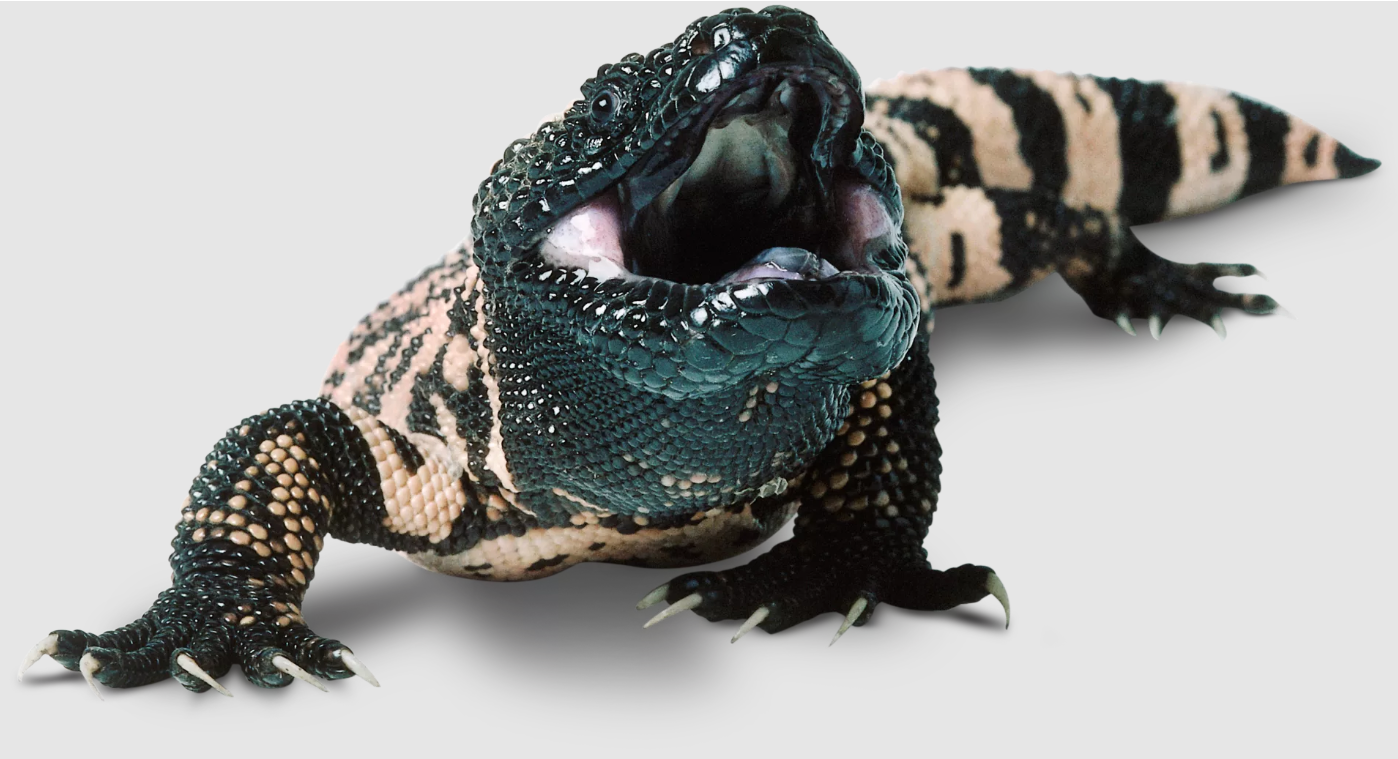Over the years, lizards have become a part of our lives, whether we like it or not. While many of us consider them to be harmless, it is reasonable to wonder if lizards can be harmful to humans and people keep them as pets. This is an important question to consider, as lizards can be found living in many climates and habitats around the world. In this blog post, we will examine the potential risks that lizards may pose to humans and discuss the various ways to protect oneself from harm. Now, Let’s take a closer look at the various types of lizards that exist and explore the different behaviors that they exhibit.
Venomous Lizards
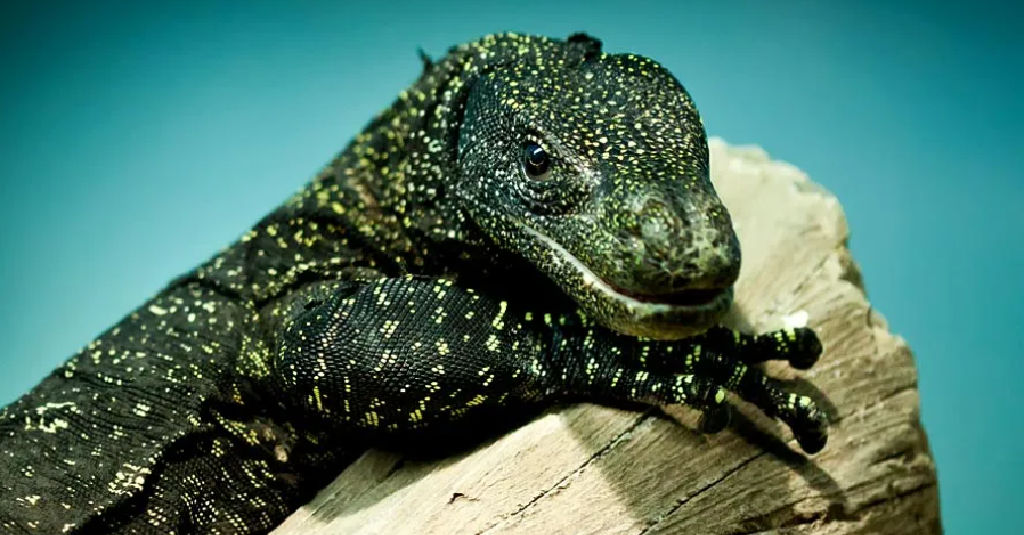
The Gila monster is a small, venomous lizard. It has a reputation for spitting venom, leaping several feet in the air, and killing people with gusts of poisonous breath. These lizards are found throughout the United States and Mexico and are considered endangered species in both countries. They are aggressive and should not be handled by inexperienced keepers. They spend most of their lives in burrows and rocky shelters, but they can also be active on warm nights or after thunderstorms. They have an evaporative cooling mechanism called the cloaca, which allows them to reduce body temperature. They use specialized salivary glands in their lower jaws to produce their venom and use their sharp teeth to deliver the venom directly to the prey, it also acts as a defense for them against predators.
Poisonous House Lizards
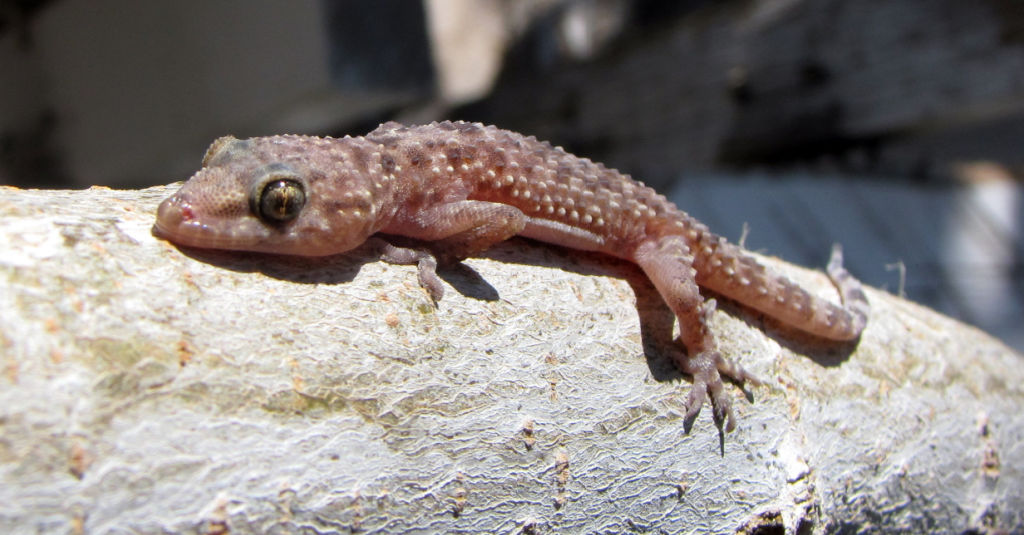
Despite their fearsome reputations, lizards don’t pose a serious threat to humans. While a few species of lizards, like the Gila monster and Mexican beaded lizard, have venom glands that are capable of killing small prey animals, their venom is relatively ineffective against humans. These lizards do, however, have a para mandibular sack behind their teeth that can deliver venom when they bite another animal. Venom mainly contains neurotoxins that can cause convulsions and hallucinations, as well as other symptoms. Most lizard bites do not result in severe injuries, and they usually heal with time. If you do get bitten by a lizard, however, it’s important to seek medical care for the wound as soon as possible. In addition to their venom, lizards can also carry salmonella, which can be harmful to humans. These bacteria are commonly found in the intestines, mouths, and feces of most reptiles, including geckos and iguanas. It doesn’t harm lizards, but it can cause unpleasant flu-like symptoms in humans.
Mexican beaded lizard
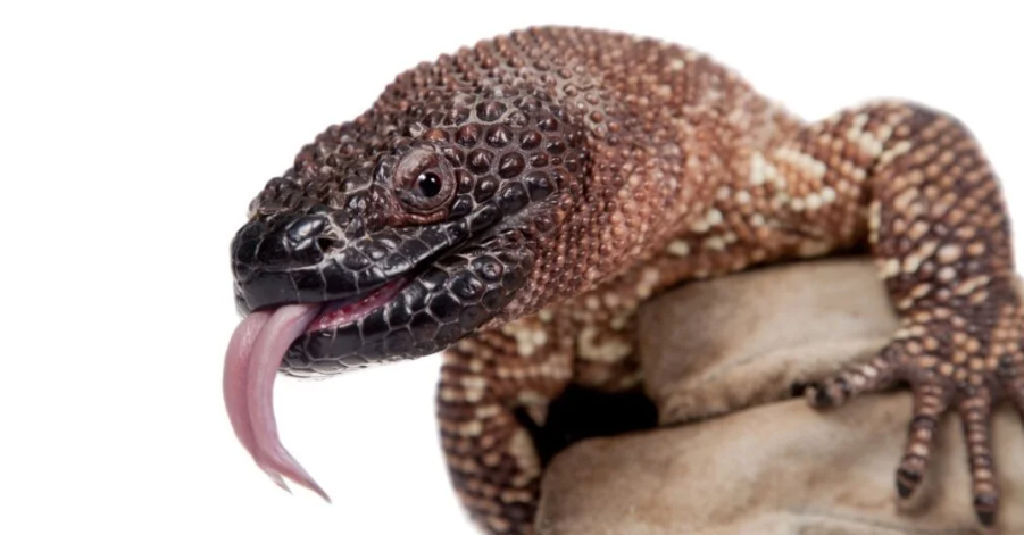
Mexican Beaded lizards have poisonous bites. They open their mouths when they feel threatened, this makes them look scary. In the past, people thought they were dangerous. But in reality, these slow-moving lizards only bite when they’re scared. They don’t bite very often, but when they do, it’s usually not a big deal. These lizards have helped modern medicine incredibly as their venom is used in diabetes drugs.
Iguana
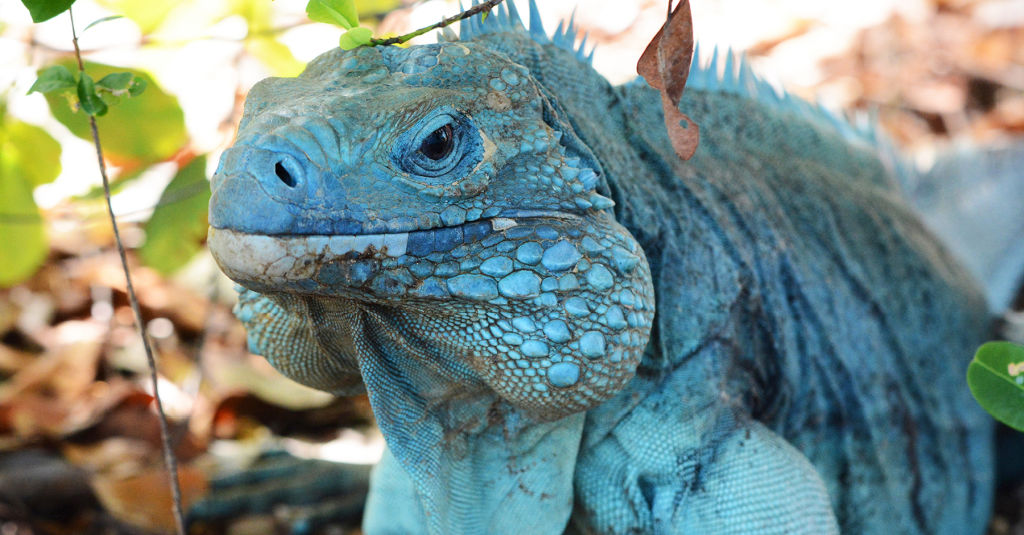
Iguanas are members of the lizard family, but that doesn’t mean that they are harmful to our health. In reality, iguanas are generally harmless, and their diet consists mostly of vegetation. That said, iguanas can carry salmonella, which is a bacterium that could potentially cause an illness in humans if proper hygienic practices are not followed when handling these animals. Proper handwashing, avoiding contact with the reptile’s feces, and not feeding the iguana food from the table are all good ways to reduce the risk of salmonellosis. Additionally, if you own an iguana, it is important to keep its habitat clean and to regularly wash the items and surfaces that the iguana comes into contact with. If well cared for, iguanas can make wonderful companions.
Lizards can be beneficial to humans by providing natural pest control in our homes and yards. While some lizards may carry salmonella, proper hygiene practices can help prevent the spread of the illness. However, if you have a fear of lizards or if you feel like they are invading your space, it is best to contact a professional to remove them. Ultimately, lizards are generally harmless and can even be enjoyable to watch.
